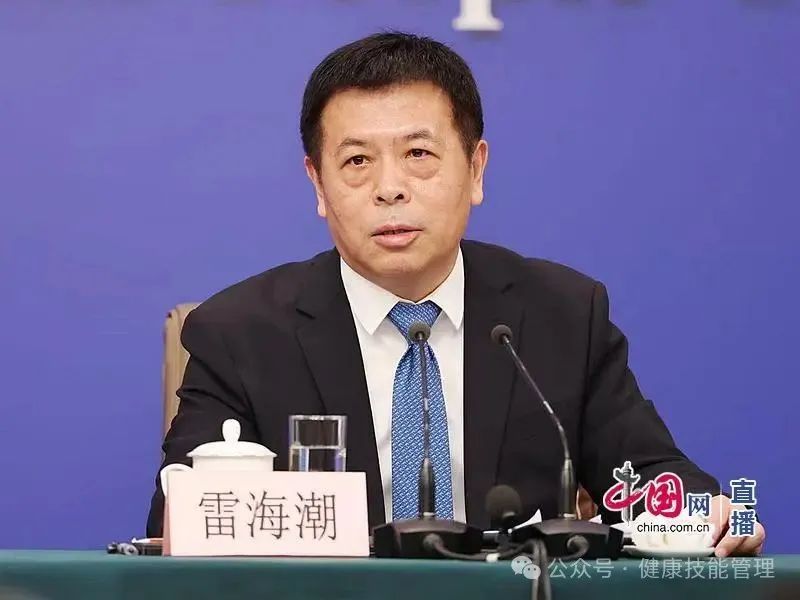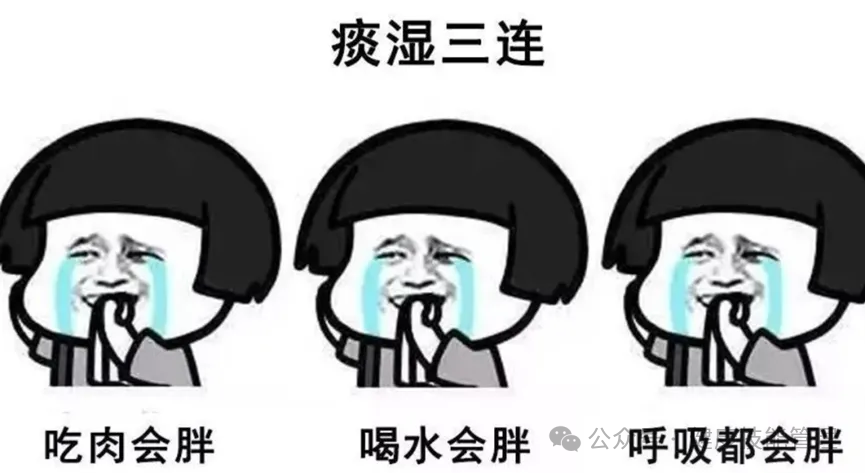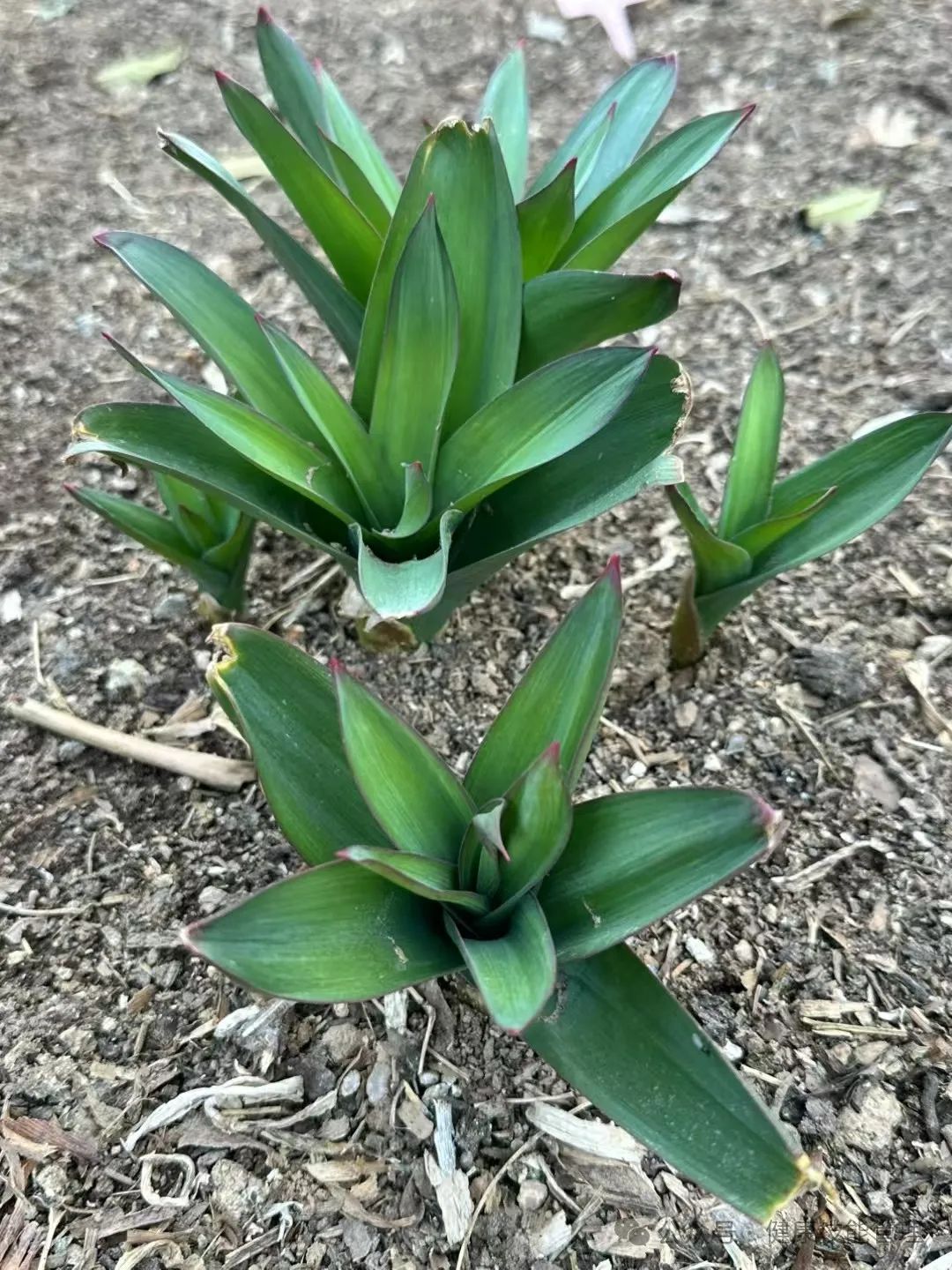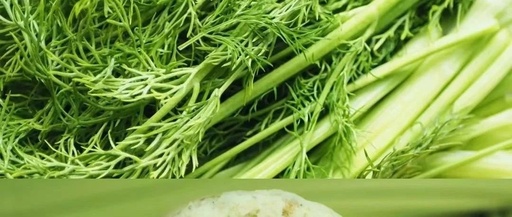
Phlegm-Damp Constitution is a common constitution type in Traditional Chinese Medicine (TCM), closely related to congenital endowment, dietary habits, lifestyle, and environmental factors. Individuals with a phlegm-damp constitution often experience metabolic disorders of body fluids, leading to the accumulation of phlegm-damp, which significantly impacts weight management. Below are the specific effects of phlegm-damp constitution on weight management and related suggestions:

1. Characteristics of Phlegm-Damp Constitution
1.1 Physiological Characteristics
– Body Shape: Generally overweight (especially with soft abdominal fat), soft muscles, and prone to edema.
– Common Symptoms: Heaviness in the body, fatigue, excessive phlegm, oily skin on the face or scalp, sticky stools, and thick greasy tongue coating.
– Metabolic Characteristics: Low basal metabolic rate, easy fat accumulation, difficulty in weight loss, and prone to rebound.
1.2 Pathological Mechanism
– Spleen Qi Deficiency and Dampness: TCM holds that “the spleen is the source of phlegm production”; when the spleen is deficient, its ability to transform and transport fluids decreases, leading to the accumulation of phlegm-damp.
– Phlegm-Damp Obstruction: Phlegm-damp stagnates in the body, obstructing the flow of Qi and blood, resulting in reduced metabolic efficiency and forming a vicious cycle.

2. Impact of Phlegm-Damp Constitution on Weight Management
2.1 Low Metabolic Efficiency
2.2 Prone to Edema and False Obesity
– Individuals with a phlegm-damp constitution often retain water, leading to significant weight fluctuations (e.g., lighter in the morning and heavier in the evening). Their body fat percentage may not be high, but they appear “falsely obese”.
2.3 Appetite and Dietary Preferences
– Individuals with a phlegm-damp constitution often prefer rich and greasy foods (e.g., oily, sweet, cold drinks), further exacerbating phlegm-damp and creating a vicious cycle.

2.4 Poor Exercise Tolerance
– Due to bodily heaviness and shortness of breath, individuals may easily tire during exercise, making it difficult to maintain high-intensity workouts.
3. Weight Management Strategies for Phlegm-Damp Constitution
3.1 Dietary Regulation
– Principles: Strengthen the spleen, eliminate dampness, transform phlegm, and reduce fat.
– Recommended Foods:
– Spleen-strengthening: Shan Yao (Chinese Yam), Fu Ling (Poria), Lian Zi (Lotus Seed), Qian Shi (Euryale Seed), Xiao Mi (Millet).
– Damp-eliminating: Yi Yi Ren (Job’s Tears), Chi Xiao Dou (Adzuki Bean), Dong Gua (Winter Melon), He Ye (Lotus Leaf), Chen Pi (Dried Tangerine Peel).
– Fat-reducing: Shan Zha (Hawthorn), Hai Dai (Kelp), Bai Luo Bo (White Radish), Lu Cha (Green Tea).
– Foods to Avoid:
– Cold foods (e.g., ice cream, cold drinks), greasy foods (fried foods), sweet and rich foods (cakes, milk tea), and high-salt foods.
3.2 Exercise Recommendations
– Focus on gentle aerobic exercises: such as brisk walking, Ba Duan Jin (Eight Pieces of Brocade), Tai Chi, swimming, etc., avoiding excessive sweating (in TCM, “sweat is the essence of the heart”; excessive sweating may deplete Qi).
– Target Areas: Strengthen core training for the waist and abdomen to promote local Qi and blood circulation.
– Gradual Progression: Start with low-intensity exercises and gradually increase duration and intensity.
3.3 Lifestyle Adjustments
– Regular Sleep Schedule: Avoid staying up late (sleep before 11 PM), as staying up late can worsen spleen deficiency.
– Avoid Cold and Damp: Avoid prolonged exposure to damp environments and pay attention to warmth (especially in the abdomen).
– Acupoint Care: Massage or moxibustion on Zu San Li (Stomach 36), Feng Long (Stomach 40), Yin Ling Quan (Spleen 9) to help strengthen the spleen and eliminate dampness.
3.4 Emotional Management
– Long-term stress or depression can exacerbate liver Qi stagnation and spleen deficiency, leading to internal phlegm-damp generation. It is recommended to relieve stress through meditation, deep breathing, and moderate social interaction.
3.5 Herbal Assistance
– Classic Formulas: Er Chen Tang (Two-Cured Decoction), Liujunzi Tang (Six Gentlemen Decoction), Shen Ling Bai Zhu San (Ginseng and Poria Powder) (to be used under the guidance of a TCM practitioner).
– Herbal Teas: Chen Pi Fu Ling Cha (Dried Tangerine Peel and Poria Tea), He Ye Shan Zha Cha (Lotus Leaf and Hawthorn Tea) to help eliminate dampness and reduce fat.
4. Precautions
4.1 Avoid Extreme Dieting or Intense Exercise: Individuals with a phlegm-damp constitution have weak spleen and stomach; excessive dieting may worsen metabolic disorders; intense exercise may deplete Qi and injure fluids, negatively affecting weight loss.
4.2 Long-term Regulation: Improvement of phlegm-damp constitution requires several months or even longer; patience is needed to adjust lifestyle.
4.3 Personalized Plans: It is recommended to combine TCM constitution identification to develop individualized dietary, exercise, and medication plans.

Conclusion
Weight management for individuals with a phlegm-damp constitution should focus on “strengthening the spleen and eliminating dampness” as the core, through comprehensive regulation of diet, exercise, lifestyle, and emotions, to gradually improve constitution and achieve healthy and stable weight loss. Relying solely on caloric control or short-term weight loss methods often yields limited results and may even exacerbate phlegm-damp issues; therefore, a holistic approach to regulation is essential.

